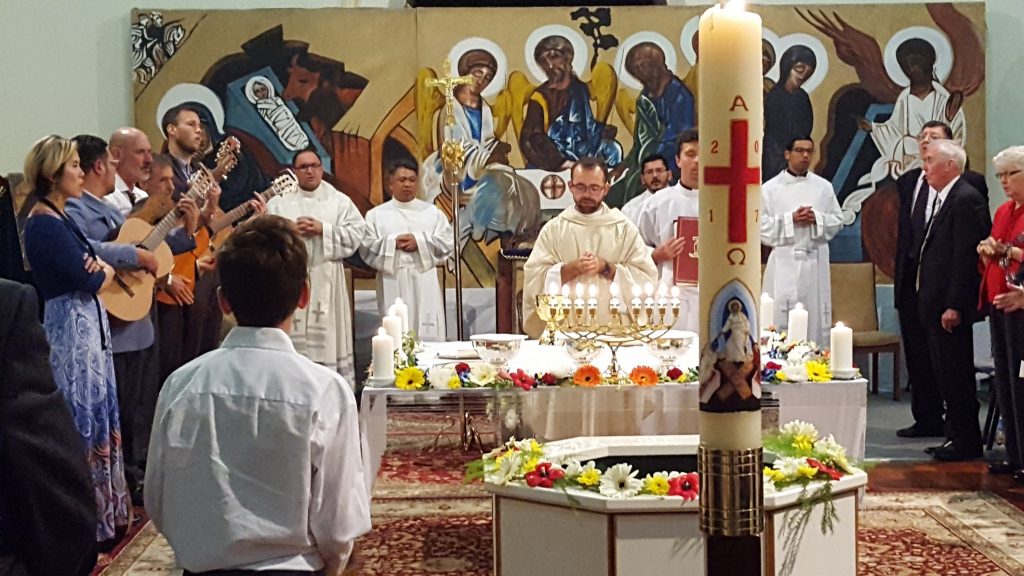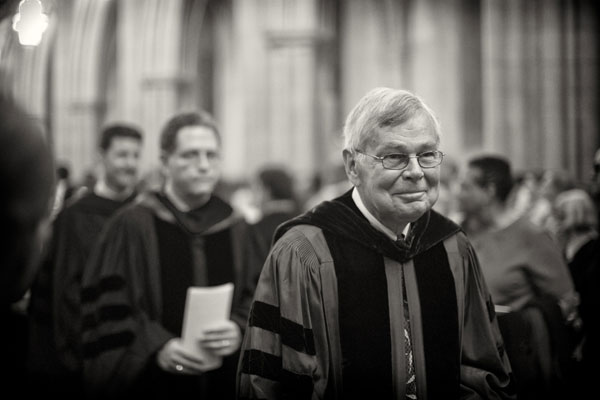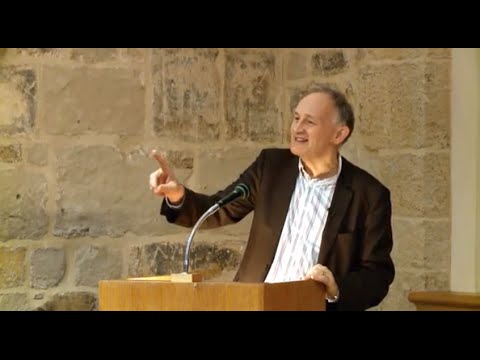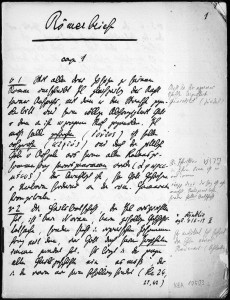
My mother has been a devout Roman Catholic all her life and raised me in the Church. Unfortunately, I have been a wayward son, leaving the Church for a different branch of Christianity, and migrating through several forms and denominations over the years.
My mother has had her own journey within the Church, the Roman Catholic Church being large and diverse enough to accommodate a variety of forms within its overall structures. In the early 70s she became an early participant in the Catholic charismatic movement. Later, she became more deeply involved in a covenantal community movement within the church although, on account of her family, she never actually joined the community. More recently, which means in the last decade or two, she has participated in the Neocatechumenal Way, or the “Neo-cats” as she sometimes calls them.
Each Easter Saturday for quite some time now, mum has attended an all-night vigil on Easter Saturday (after the foot washing on Holy Thursday, and Good Friday services!). We would arrive sometime on Easter Sunday for family get-togethers, and mum will have been up all night and still going, preparing the house and the food and welcoming us all in.
Mum is in her mid-eighties now, and though increasingly frail, still very much alert and sociable. But after a full day out with one of my brothers on Easter Saturday, she was tired and did not think she could attend the vigil; the logistics simply made it too difficult. I asked her if it would make a difference if I came along with her, stayed the night, and so, if she needed anything, I would be there to assist. She said she would have a rest and call me back. She called back within five minutes—no time to rest! I picked her up later that evening and we arrived at the vigil about 11pm as things were just about ready. Once mum was seated she didn’t get up for almost seven hours! (Getting up and down is pretty difficult.) Nevertheless, she loved every minute of it.
It was my first time at the vigil. So what was it about?
First, it was a combined celebration with, I think, four distinct catechumenal groups meeting: two from the Cathedral, one from Kelmscott (or were there two groups from Kelmscott?), plus the newest group, from St. Kieran’s in Tuart Hill, who also hosted the event. There were perhaps 60-80 people present, including a good number of children. It was very multi-ethnic and multi-cultural, perhaps an indication of the strength of Catholicism in non-Western contexts, though there were also a good number of “typical Aussies” there (sorry for that; everyone there was likely an “Aussie.” I will have to find an expression that conveys accurately, those with an Australian heritage going back several generations!).
The evening seemed mostly led by laity, both men and women participating in readings, exhortations, and worship. A number of priests were present but their participation was quite limited apart from the formal aspects of the mass. It was clear that those present were very ordinary in terms of work, relationships, family, schooling, and financial responsibilities, dealing with the struggles and joys of life common to just about everyone. The youngest were infants, mum amongst those most elderly. There were not many teenagers, though I do know that a number of the young family groups became involved in the community when they were teenagers.
What set these otherwise quite ordinary people apart was their faith, their sheer devotion to Christ and to their Church. Also evident was a sense of genuine and at times quite exuberant joy, tempered but not constrained by the liturgical form the evening took. Also prominent is the love of the group which I have previously noted in the way the group cared for my mother after my father’s death, and the way in which they have long included her in their communal life, assisting that inclusion with very regular and practical support.
The Neocatechumenal Way emphasises liturgy, Scripture and community with a focus on Christian formation in the tradition of the catechumenate of the ancient church. Given that the Roman Catholic Church practises infant baptism, it is a largely a post-baptismal formation. They also emphasise worship and vibrant communal singing, for the evening was full of it. The worship style was a particular kind of folk music, based on guitar and percussion: not an electronic or electric instrument in sight. The simple rhythms made it easy for the kids to join in too, with each kid able to play a variety of percussion instruments during the night.
What I observed on Saturday evening-Sunday morning indicates the rich fruits of this formational activity, and suggests, to my mind, the crucial necessity of such formation in the increasingly hostile environment in which the church exists in the contemporary west. I could not help but be reminded of Stanley Hauerwas’s continual emphasis that the church must become of community of people capable of forming others in the practices that sustain a truly Christian existence and witness in a world torn and suffering and idolatrous.
A little anecdote captures something of the evening for me: during one section of the proceedings the children present were invited to pray (and many did), the community as a whole responding, “Lord, hear our prayer.” One little girl aged perhaps eight or nine, prayed for those present, for the babies who were baptised, and “for all those sick and suffering,” that they might be helped by God and by others. Already she was learning that to be a Christian is to pray, and to care, to be aware of the needs of others, and of the necessity of responding to their need.
So what did they do for over six hours? Stayed tuned!
Continued Tomorrow…








